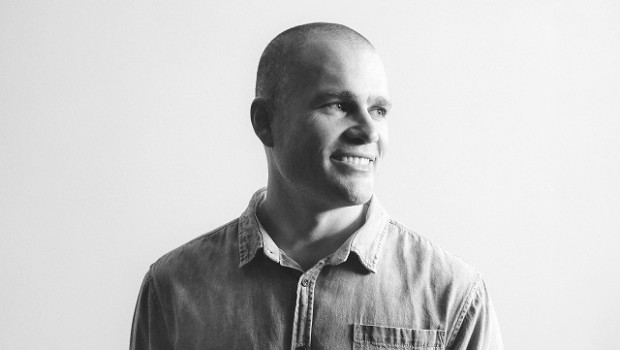

Sustainable fashion brand Outland Denim is kicking off an equity crowdfunding campaign as it looks to ramp up its marketing activity and grow sales, following two years of global expansion.
The brand’s founder and CEO James Bartle (pictured) will travel around Australia over the next two weeks to drum up interest from potential investors before the offer document is presented in April.
The campaign is being run through Birchal, one of the first equity crowdfunding platforms to get ASIC approval after legislation was passed in 2017.
“This was a dream of ours well before it became legal, back when crowdfunding existed, but you couldn’t sell ownership of your company,” Bartle told Inside Retail.
“When it became legal, it was very exciting, but also confronting, because you’re putting everything out there for the world to see and criticise.
“But if we didn’t proceed in this way, we’d be selling ourselves short on who we want to be as a company. We’re the people’s brand.”
Bartle started Outland Denim in 2016 to help people, primarily women, who have experienced or are vulnerable to sexual exploitation. The brand has its own factory in Cambodia, where all Outland Denim products are made, and workers are paid a living wage and trained to become expert seamstresses.
The story gained global attention in October 2018, when the Duchess of Sussex, Meghan Markle, wore a pair of Outland Denim jeans on her tour of Australia. Demand for the jeans was so high, people joined a months-long wait list to receive their order.
Bartle capitalised on the moment, launching online in the UK and later in the US, and striking partnerships with Nordstrom and Bloomingdale’s, which came to fruition last year. Outland Denim is also stocked in Harry Rosen and Holt Renfrew in Canada, and in David Jones, Myer and The Iconic in Australia.
Recently, the brand has taken steps to reduce its negative impact on the environment, including opening a state-of-the-art wash and finishing facility that uses less water and energy than industry standard.
For Bartle, conducting an equity crowdfunding campaign, as opposed to raising capital from private investors, as he has done in the past, is the best way to rapidly spread awareness of the work Outland Denim is doing.
“An important part of this is that investors get a healthy return. If so, we can influence the industry to start creating more brands like this. It starts to become a powerful movement, and then we can start challenging the global systems,” he said.
While The Australian reported that Outland Denim is looking to raise $5 million through the campaign, Bartle told Inside Retail the final figure would be set at the end of the month, after the company has received initial expressions of interest. He said the business was planning to sell a maximum stake of 15 per cent.
The capital will be used to ramp up the brand’s marketing and sales growth, which has largely been organic until now.
“We spent our initial years investing in infrastructure, not sales and marketing. We’ve been preparing to scale, and we’re finally in a position where we’re able to focus on that,” he said.
But Bartle is also interested in growing the manufacturing side of the business.
“Part of what people are buying into is not just the brand, but our manufacturing profess. We have major brands looking at manufacturing with us, and we want to move into that space,” he said.
While he declined to name the brands Outland Denim is in talks with, it’s noteworthy that the business recently collaborated with New Zealand designer Karen Walker, and manufactured the collection in its facilities in Cambodia.
“It was highly successful, and it proved that we can produce at a high quality that satisfied them as a label,” Bartle said. “They’re very supportive of us.”

